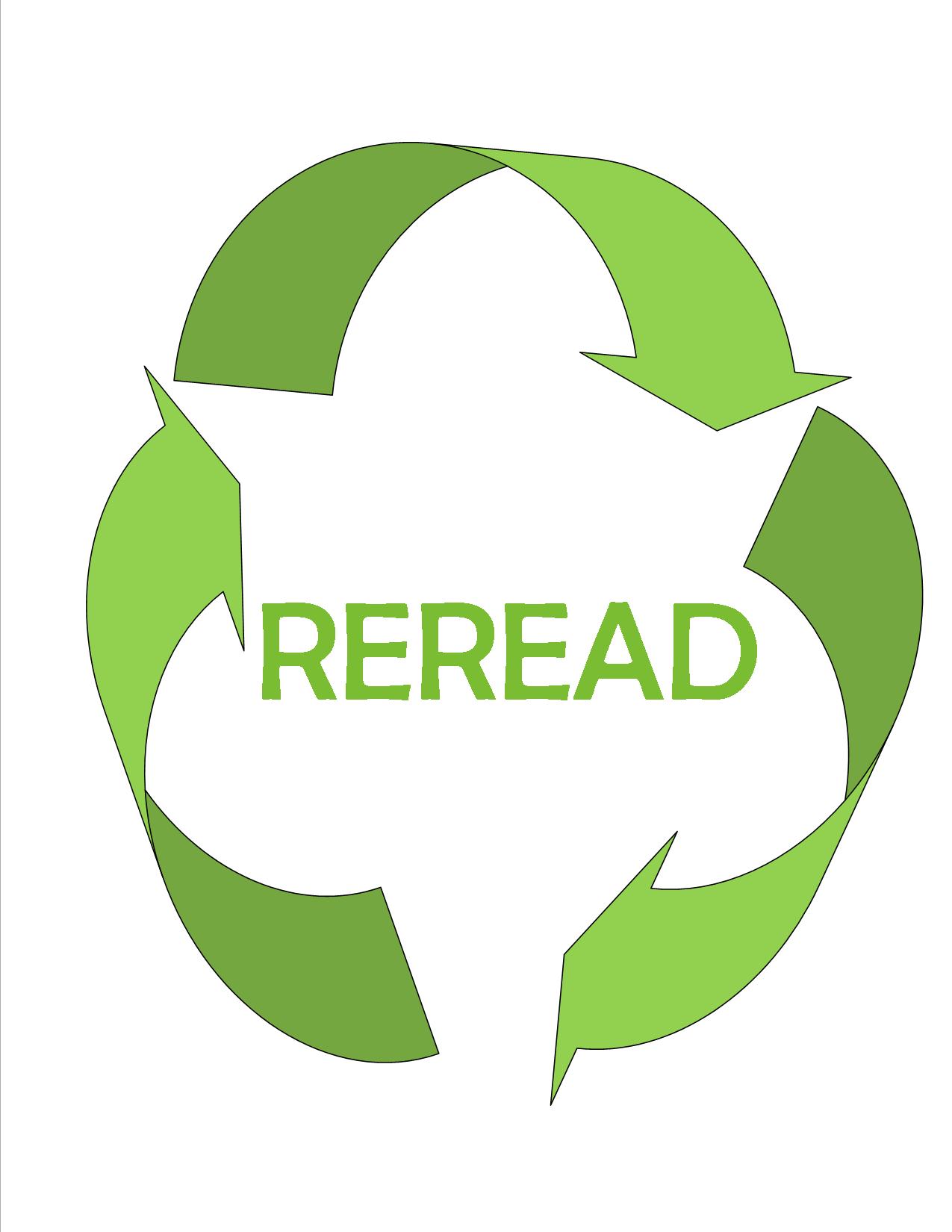Today, as I was teaching infinitives, I shared this quote with my students:
"To educate a man in mind and not in morals is to educate a menace to society."Granted, practicing my curricular field is not a moral, but maybe reading and writing with my students is an ethical responsibility?
(President Theodore Roosevelt
To imitate President Roosevelt's sentence, I would state: To teach literacy is to model writing and reading, to make mistakes, to proof, to imitate, to...yes, the list is seemingly endless. To do...that is the directive!
This week, as we continue reading The Crucible and Macbeth, we are writing thematic responses for each act. I model a thematic response; then, I guide, scaffold, encourage, write another thematic response with my students. To see my models (thus far), please visit these sites:
Yes, as we write, we also incorporate other skills being discussed, learned in class: embedding quotes, writing phrases (so far, appositive, participials, and infinitives). Yes, writing/reading workshop activated!
Ultimately, the students will choose two themes and trace their development throughout a text. Check out this Common Core Standard:
CCSS.ELA-Literacy.RL.11-12.2 Determine two or more themes or central ideas of a text and analyze their development over the course of the text, including how they interact and build on one another to produce a complex account; provide an objective summary of the text. (Source)
Yes, that is the goal. Honestly, in twenty-two years of teaching (which include obtaining a masters and National Board Certification), I have never written such a paper. I am now, though! I have chosen to use two themes in Edgar Allan Poe's "The Masque of the Red Death." We'll see...learning right along with my students! Shhhhh!
Credit for the above ideas must go to Penny Kittle's book Write Beside Them that I read several years. I credit this book with one of the best changes in my teaching career. (Prior to this one, Step up to Writing...another huge positive change in my teaching methods.) In other words, teachers need to always be learning and using the best practices that work best with your teaching style (that is another soap-box topic!).
The negative to this style of teaching? I barely stay a step ahead of my students. Or maybe that is a positive? Students need to see that other writers struggle through the various writing steps.
Tell me: To teach is to.....?

